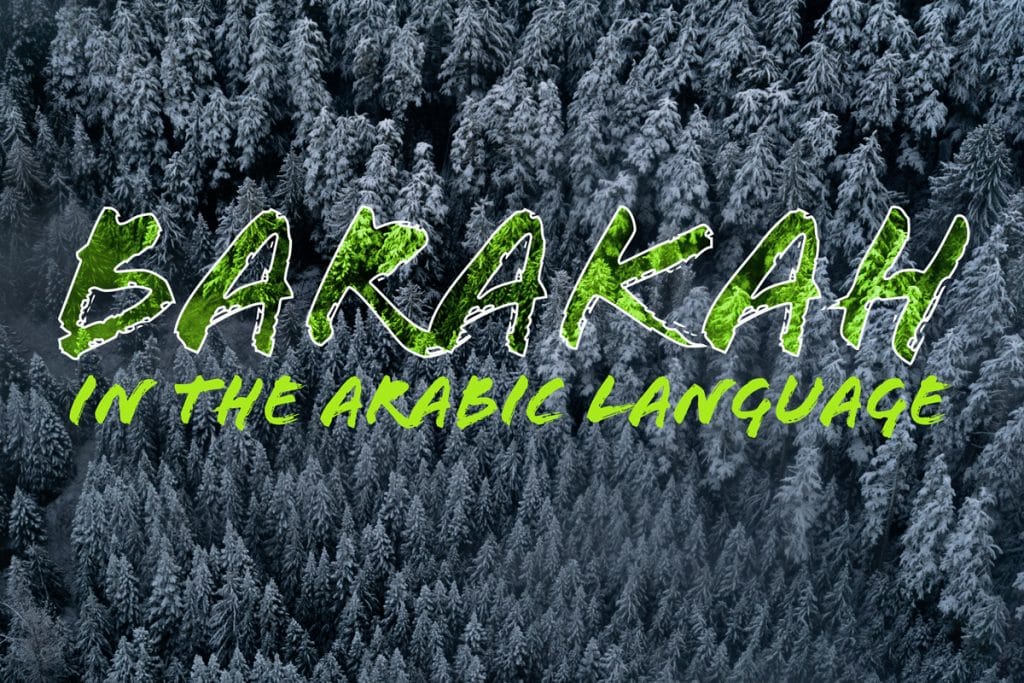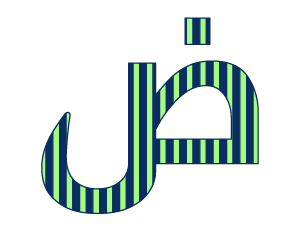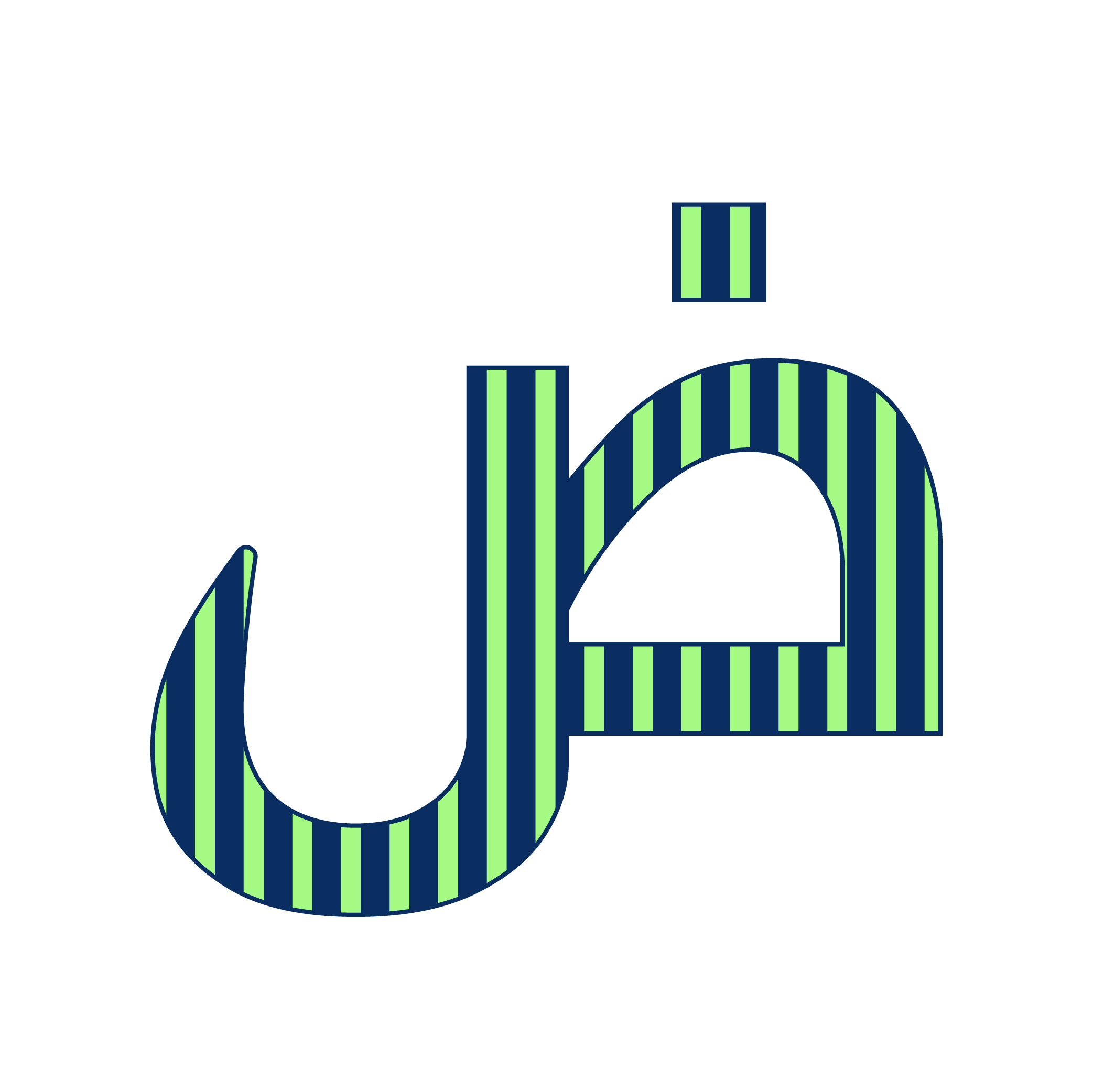
The Linguistic Meaning
The word Barakah (بَرَكَة) in Arabic language has three meanings:
- The first one is النَّمَاءُ وَالزِّيَادَة which means “growth and increase”. So when something has Barakah it increases.
- The second meaning is الاِستِمْرَارِيَّة or “continuity”. The Arabs say إِبتَرَكَتْ السَّمَاء when the rain keeps on coming and coming. This is a verb taken from the noun Barakah (بَرَكَة).
- The final meaning of Baraka is: ‘Something that remains in its place as though it sticks. So it’s not only increasing and continuing but it remains as well. This is why the words إبترك الجمل `the camel has kneeled` is used as the camels when they kneel, they stay in their place.
The opposite of Barakah is scarcity or lack of something.
‘Barakah’ In Daily Usage
The plural from the word Barakah is Barakat (بَرَكَات) and we use it in the greeting: ‘assalamu alykum wa rahmat allah wa barakatuh’ (which means “May the peace, mercy and blessings of Almighty be upon you”.
Another derivative is Tabarak “تَبارك” which is a verb meaning ‘blessed’ and it is used for only for the Almighty to denote that Allah is “the Blessed One” and He is the one Who bestows benediction and goodness.
Barak بَارَكَ is another verb which is used to convey the meaning that Allah, the Almighty, has showered His benediction on something. For example the saying باركَ اللهُ في المالِ الحلال (Allah has blessed wealth that is Halal) and also as a well-wishing prayer like: باركَ اللهُ فيك (May Allah bless you)
Mubarak مُبارك is a participle noun taken from Barakah which means a thing that is full of blessings and goodness. As in the saying رمضان شهرٌ مباركٌ (Ramadan is a blessed month). It is used also to ask Barakah for someone while congratulating them. For example, زواجٌ مبارك (Have a blessed marriage)
In summary Barakah is something good and beyond expectation which comes and continues to come, and it is preserved and protected. That is the notion of this beautiful word.
The Usage Of ‘Barakah’ In The Quran and Hadith:
The Quran refers to itself as Mubarak (Blessed) in several verses. Laylat al-Qadr, the night in which the Quran was sent down is refered to as Mubarak as well:
(92) الأنعام
{and this is a Book which We have sent down, blessed}
(Al An’aam 92)
(3) سورة الدخان
{Indeed, we sent it down during a blessed night.}
(al Dukhan 3).
And the word تَبَارك Tabarak is used for several times as well:
(1) الفرقان
{Blessed is He who sent down the Criterion}
(Al forqan 1).
The word بركات Barakat which is the plural form:
{And if only the people of the cities had believed and feared Allah, we would have opened upon them blessings from the heaven and the earth; but they denied so We seized them for what they were earning}
(Al a`raf 96)
And the verb باركنا Barkna is used in several surahs:
(1) سورة الإسراء
{Exalted is He who took His Servant by night from al-Masjid al-Haram to al-Masjid al- Aqsa, whose surroundings We have blessed}
Al Isra`a (1)
{And We blessed him and Isaac. Among the offspring of the two some did good and some plainly wronged themselves}
Al Safat (113)
‘Barakah’ In the Sunnah
The prophet (saw) had asked Allah Barakah for Medina:
*رواه البخاري*
Anas bin Malik (may Allah be pleased with him) reported that Allah’s Messenger (ﷺ) said:
(O Allah, increase in Medina twice the blessings (showered) on Mecca.)
(narrated by Al Bukhari).
Another example for Barakah is that the prophet Mohammad (ﷺ) advised us to take suhoor:
Narrated Anas bin Malik:
The Prophet (ﷺ) said, “Take Suhur as there is a blessing in it.” (Al Bukhari).
A beautiful rhyme of poetry by at-Tarmah reads O` blessed lord there is no force that can give what you have prevented and there is none that can prevent what you wanted to give.


